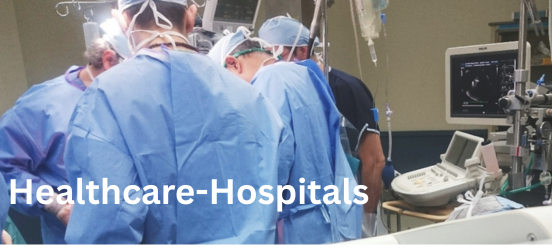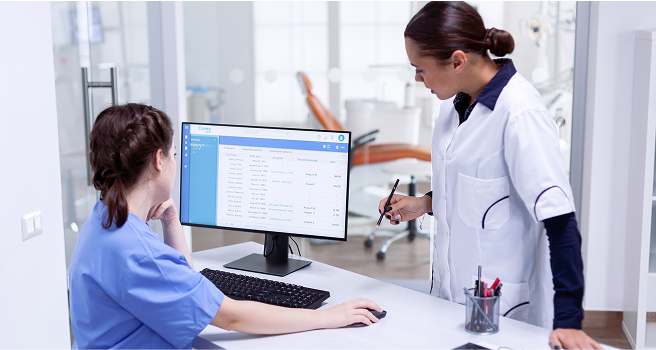Why RPA is Essential for Healthcare & Life Sciences

Efficiency & Accuracy
Reduces manual errors and speeds up operations.

Cost Savings
Minimizes administrative burdens and operational costs.

Patient-Centric Care
Frees up healthcare professionals to focus on patient care.

Regulatory Compliance
Ensures adherence to stringent healthcare regulations.





